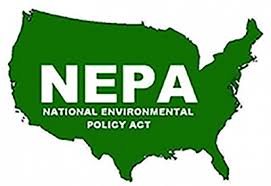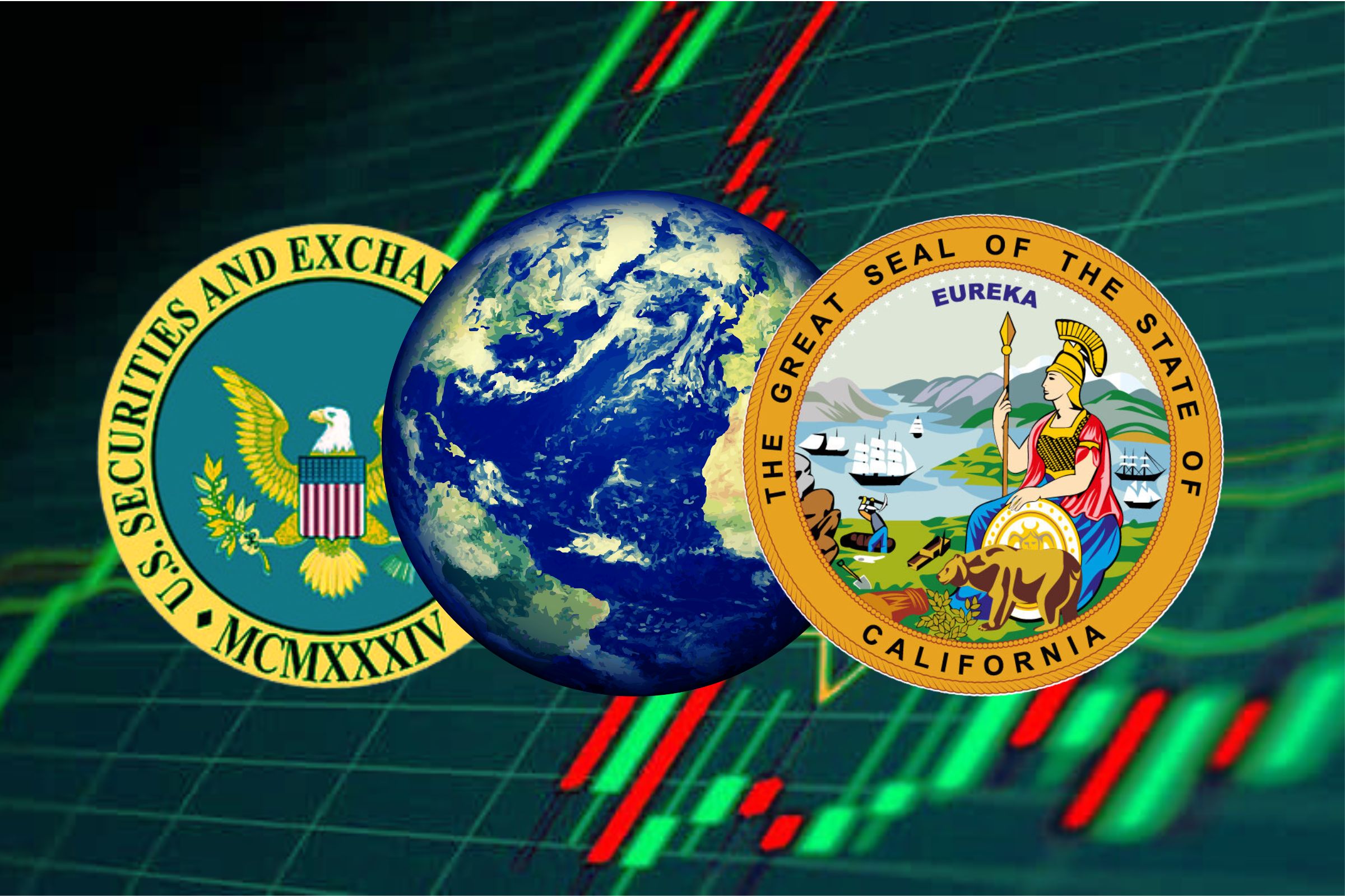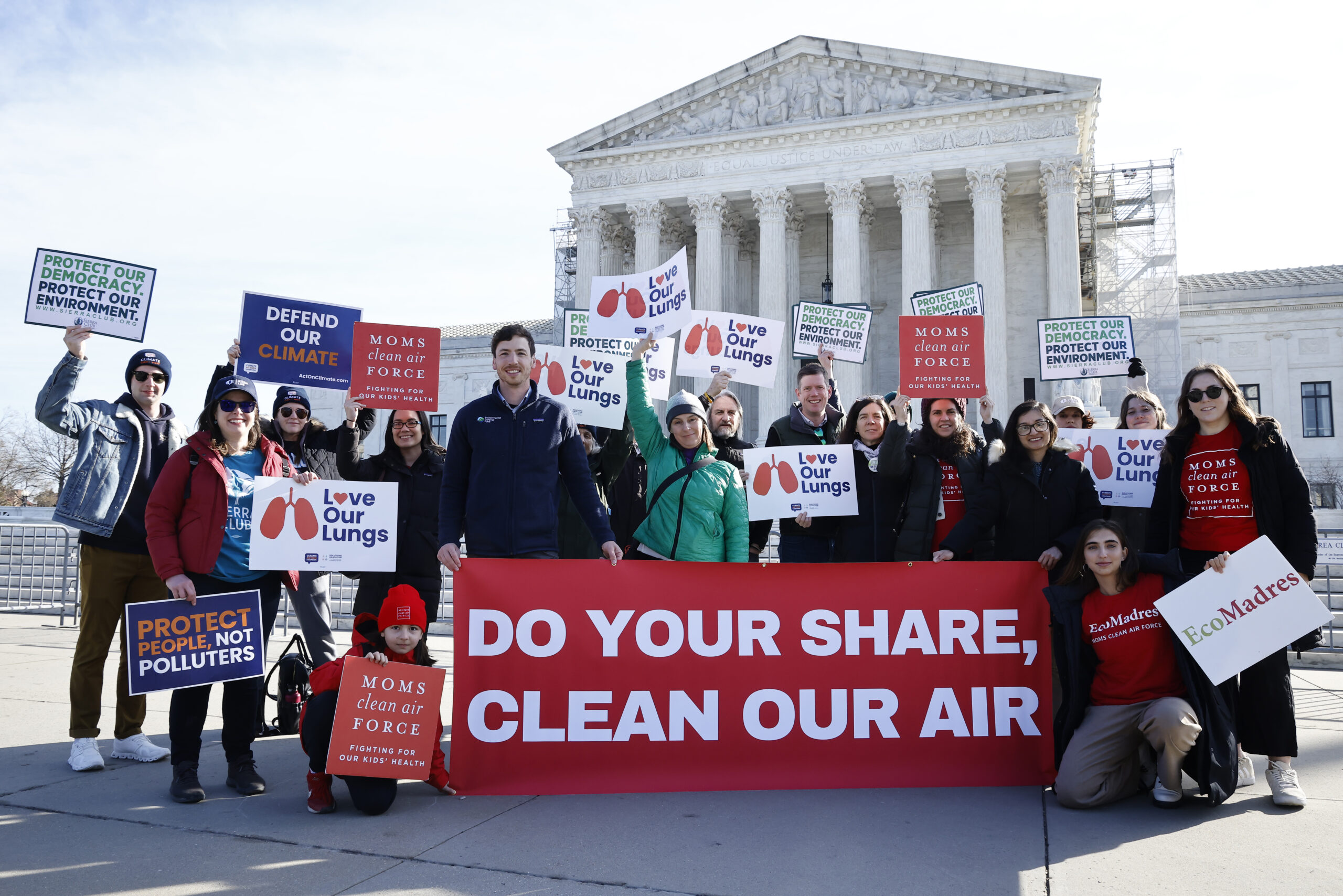Region: National
Critical Insights on the Mineral Boom
In the race for critical minerals, the challenges, tradeoffs, and potential winners are becoming clear. Insights from the Emmett Institute’s “Powering the Future” symposium.
A couple hundred miles north of the Las Vegas strip at Rhyolite Ridge you’ll find a dusty yellow wildflower called Tiehm’s buckwheat that grows nowhere else in the world. But this flower sits atop a massive, untapped lithium reserve that would help the U.S. transition to cleaner energy. Now, what if you had to choose …
Continue reading “Critical Insights on the Mineral Boom”
CONTINUE READINGReplacing McConnell
If the GOP flips the Senate, who will lead them on environmental issues?
Who will lead the Senate in 2025? The odds are that it will be a Republican. Democrats have a slim margin and face some close races, while all the GOP seats seem secure. That makes the question of who will replace Mitch McConell as GOP leader all the more important for climate and energy policy. …
Continue reading “Replacing McConnell”
CONTINUE READINGStates May Be Warming to Green Amendments
At least 10 states, including New Jersey and California, are considering constitutional guarantees to a clean environment and stable climate after Montana’s landmark climate trial.
Last week, New Jersey lawmakers and a variety of stakeholders crammed into a statehouse committee room for a relatively rare legislative hearing. This 2-hour hearing centered on New Jersey’s proposed green amendment, which committee chair Senator Bob Smith described as “a very controversial topic” as he gaveled in the meeting. This green amendment would add …
Continue reading “States May Be Warming to Green Amendments”
CONTINUE READINGFifteen Years of Legal Planet
5700 blog posts later, we’re still speaking — if not “truth to power”— then our best approximation of truth, to anyone who’ll listen.
A decade and a half ago, the law school here announced the launch of a new environmental law blog by Berkeley and UCLA. The March 11, 2009 press release began: “The University of California, Berkeley, School of Law (Berkeley Law) and UCLA School of Law today announced the launch of a new blog, Legal Planet, …
Continue reading “Fifteen Years of Legal Planet”
CONTINUE READINGDeciphering NEPA 2.0
Here’s everything you wanted to know about the “New NEPA” but were afraid to ask.
NEPA was long an island of legal stability, standing almost unamended for over a half century. Then in the summer of 2023, everything changed. As a rider on the agreement to raise the debt ceiling, Congress extensively rewrote and expanded NEPA, gifting us with a new statutory regime. As I’ve written before — and discuss …
Continue reading “Deciphering NEPA 2.0”
CONTINUE READINGThe SEC’s Watered-Down Climate Rule
Now that the SEC has approved its limited climate disclosure rule, the spotlight is back on California’s more stringent disclosure laws that still need backing.
After months of discussion, the U.S. Securities and Exchange Commission (SEC) voted 3-2 to adopt climate reporting standards that will mandate publicly-traded companies disclose some of their greenhouse gas emissions. The SEC’s rule was proposed way back in 2022, and the initial draft would have required companies to disclose their “Scope 3” supply chain emissions, …
Continue reading “The SEC’s Watered-Down Climate Rule”
CONTINUE READINGActually, EV Sales Are Right on Track
Don’t believe the current anti-EV spin.
There is a lot of talk about weak consumer demand for EVs — doleful from greens, triumphant from others. Maybe US carmakers have hit a few speed bumps –not surprising when trying to rapidly ramp up a product that’s new to most consumers. But the reality is actually quite reassuring in terms of the U.S. …
Continue reading “Actually, EV Sales Are Right on Track”
CONTINUE READINGMisusing Carbon Removal as a Climate Response
Carbon removal is an alluring idea. That also makes it a tempting façade for bad policies.
It seems clear that in some form, carbon removal is going to be an important component of climate policy, especially later in the century to deal with carbon levels that overshoot the targets in the Paris Climate Agreement. The problem is not with the concept but with its misuse. One of the risks that …
Continue reading “Misusing Carbon Removal as a Climate Response”
CONTINUE READINGRFK Jr. Joins the War on Climate Scientists
RFK Jr. has filled a top campaign position with an anti-vaccine activist named Del Bigtree who has called global warming “an enslavement system.”
Robert F. Kennedy Jr. made headlines when a Super PAC supporting his presidential bid ran a pricey Super Bowl ad, stealing the look of a famous 1960 spot for his uncle John F. Kennedy. But he got far less attention for another move that says a lot about his campaign: He has tapped Del Bigtree …
Continue reading “RFK Jr. Joins the War on Climate Scientists”
CONTINUE READINGThe Problems with the SCOTUS ‘Good Neighbor’ Arguments
Guest contributors Megan Herzog and Sean Donahue write that last week’s argument in the case of EPA’s Good Neighbor Rule shows the perils of agency rulemaking cases on the Supreme Court’s shadow docket.
Megan M. Herzog (former Emmett/Frankel Fellow at UCLA School of Law 2012-2016) and Sean H. Donahue are partners at Donahue, Goldberg & Herzog, which represents the Environmental Defense Fund, a Respondent-Intervenor in the Good Neighbor Rule litigation. Last Wednesday, the Supreme Court did something it has done only three times in the last half-century—it heard …
Continue reading “The Problems with the SCOTUS ‘Good Neighbor’ Arguments”
CONTINUE READING













